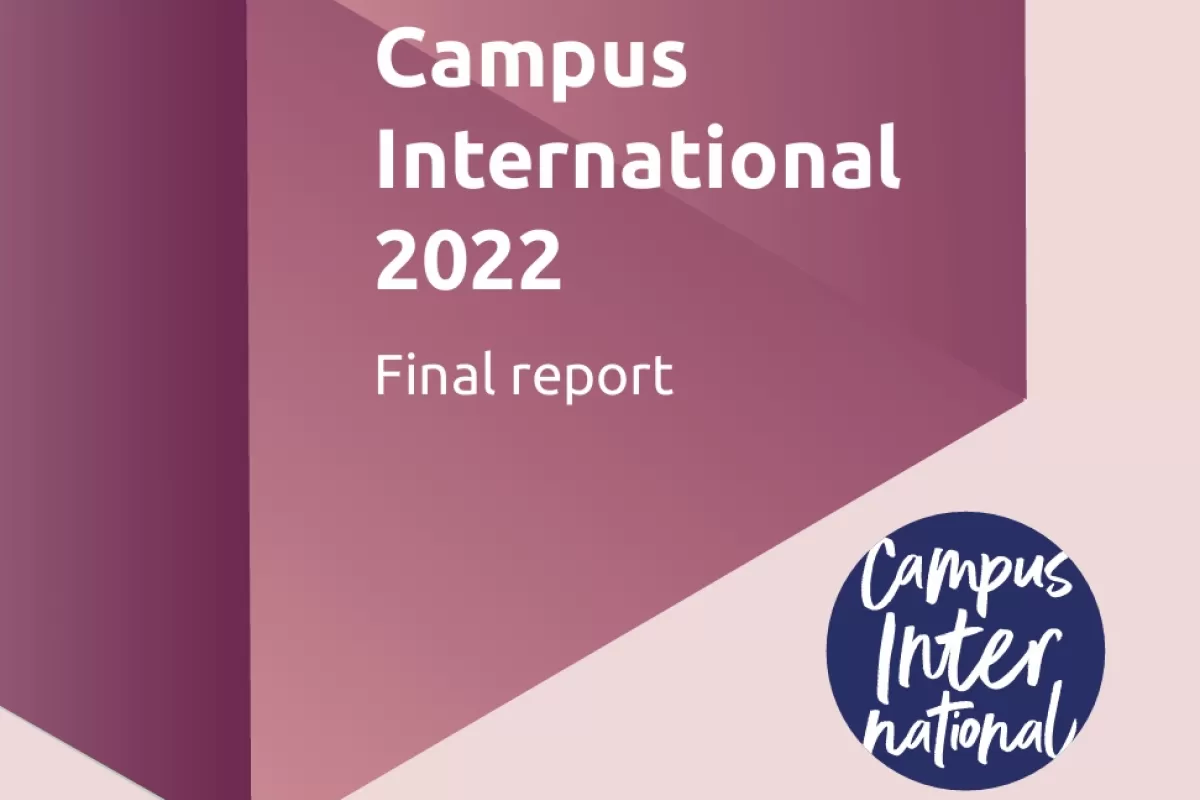Resume
Does the engagement in international student mobility (ISM) help students to prepare for the labour market? Intrigued by this question, the present quantitative-empirical research addressed the effects of ISM engagement on the development of several critical labour market-related skills and characteristics that were drawn from an extensive research of the scientific literature. We developed an online questionnaire that was translated and analogously implemented in ten European countries (Finland, Germany, Hungary, Ireland, Luxemburg, Malta, the Netherlands, Poland, Romania, and Slovenia) to collect student data.
Conclusions
- The research provided evidence for substantial effects of international student mobility participation on the development of labour market-relevant skills and characteristics. We saw positive effects on:
- General self-efficacy, i.e., one’s general perceived sense of competence to execute required actions and to effectively accomplish tasks.
- Multicultural self-efficacy, i.e., one‘s perceived sense of competence to effectively handle interactions with people who belong to other cultural groups/have different cultural backgrounds.
- Individual adaptability, i.e., one’s skills and motivation to effectively respond to situations of crisis and to handle work stress.
- Some dimensions of career adaptability, i.e., taking responsibility with regard to the achievement of career goals (control) and exploring options and searching for relevant information to help one make sound career decisions (curiosity).
Recommendations
- All Erasmus+ National Agencies had been invited to join the next phase of Campus International.
In contrast to many previous studies which only queried their participants once after their return from the ISM experience and exclusively relied on their self-assessment of developmental gains (“Has the previous ISM experience helped you to advance this skill?”), we used a longitudinal design with a baseline measure and captured students’ skills and characteristics twice by using established psychometrically sound scales.
Furthermore, we included three different research groups (i.e., control students who stayed at home, present sojourners who engaged in ISM during the period of data collection and a waiting group of future sojourners who planned to go abroad in the semester that followed the period of data collection). This allowed us to separate differences in labour market-related skills and characteristics that already existed before the ISM experience (i.e., self-selection effects) from ISM effects on their development.
Beyond this, we controlled for potential influences of several demographic characteristics that were shown to be related to ISM engagement such as age, gender, parental academic background, migration background, and previous (virtual) international mobility experience. The data analyses were carried our using complex state-of-the art statistical procedures (i.e., multivariate latent change models).
By these means, the present research is able to provide a more reliable estimation of ISM effects on labour market-relevant skills and characteristics than previous cross-sectional studies.
To further expand on the present findings, future research is needed to investigate to what extent the present results can be generalized across European countries and if work placements abroad have different implications than engagement in study programs. Furthermore, it would be valuable to explore if the observed positive effects of ISM engagement persist upon return to the home country and how they relate to students’ experiences during the labour market transition and their further (international) career development.
Downloads
- Campus International 2022 2MB / pdf Download




